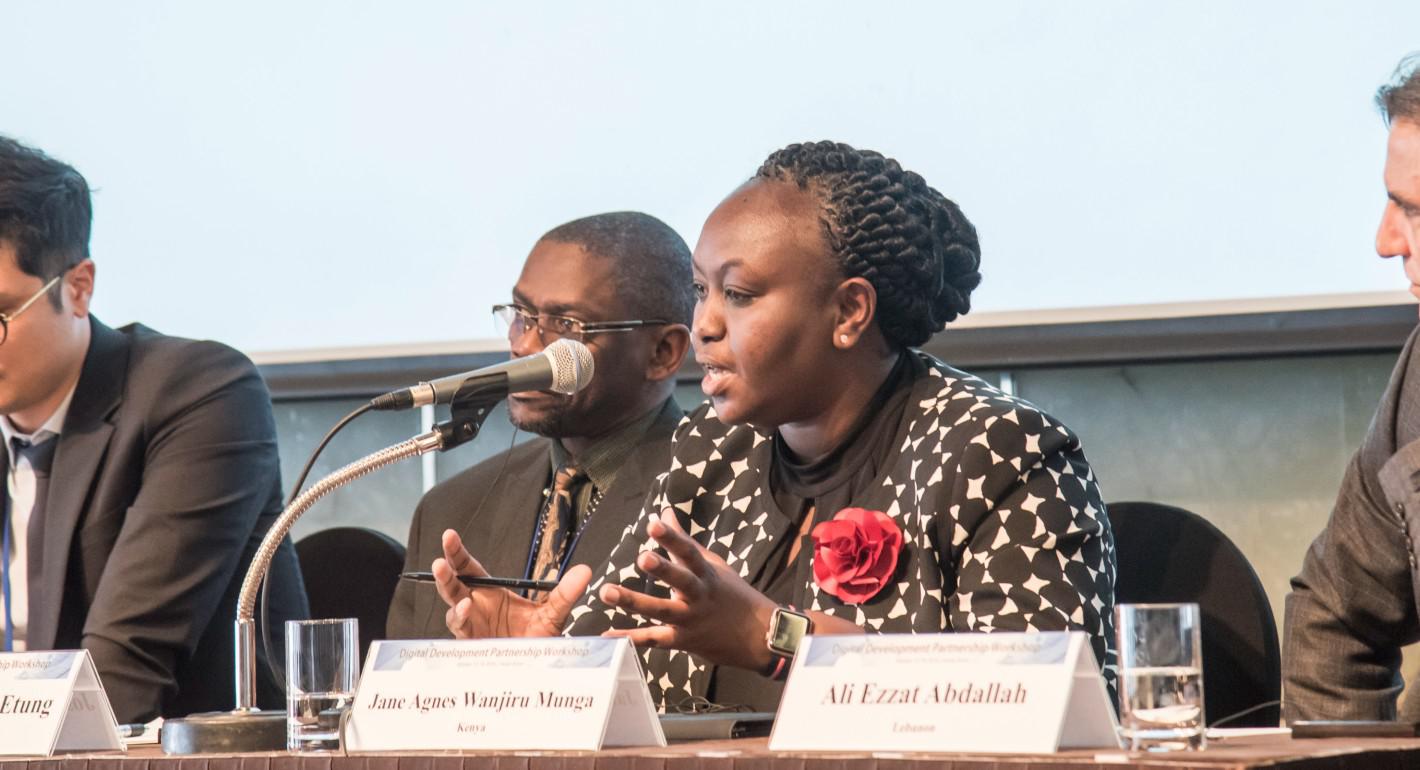Africa is on the cusp of a digital transformation that has potential to revolutionize Africa’s socioeconomic landscape. Many African countries in the mobile-first region have made great gains in connecting more than half of their population, and the benefits are emerging. Mobile money has reshaped Africa’s financial landscape, introducing unbanked populations to the digital world and facilitating digital trade. And Africa-based platforms such as Jumia are introducing millions to online shopping and expanding opportunities for small and medium enterprises. From Cape Town to Cairo and Nairobi to Lagos, evidence of a digital revolution is emerging across all social-economic spheres.
However, much of Africa’s population has yet to be digitally connected, and a digital divide has the potential to hinder the full benefits of these technology leaps. Policy actions—including investments in infrastructure, promoting digital skills, and creating an environment for digital innovations and transactions—driven by deep research are essential to reducing this divide. Governments all over Africa are tackling these challenges, and they’re also some of the issues that I will address while at Carnegie through research and policy dialogue.
I join the Carnegie Africa Program with a zeal to provide policy insights that will offer credible solutions for African governments, development partners, and the private sector to push the digital agenda forward. Coming from the realms of tech policymaking in Kenya—one of the continent’s leaders on digital innovation, including mobile money applications such as M-PESA—I recognize this technology’s role in the economic transformation and that its potential is yet to be fully realized across Africa, as many Africans are yet to benefit from the offerings of the digital economy. I will seek to provide practitioners with relevant insights that offer new framing and perspective on Africa’s digital transformation.
I look forward to engaging with Carnegie experts in their various fields and to offer insights from a multidisciplinary perspective. Innovations in financial and educational technologies, digital government, and e-health have the potential to create efficiencies in financial inclusion market growth, and food and nutrition security, as well as access to quality education, health services, and transparent government services. My research will focus on these digital development areas to provide new knowledge and perspectives that can help catapult Africa’s digital transformation.
